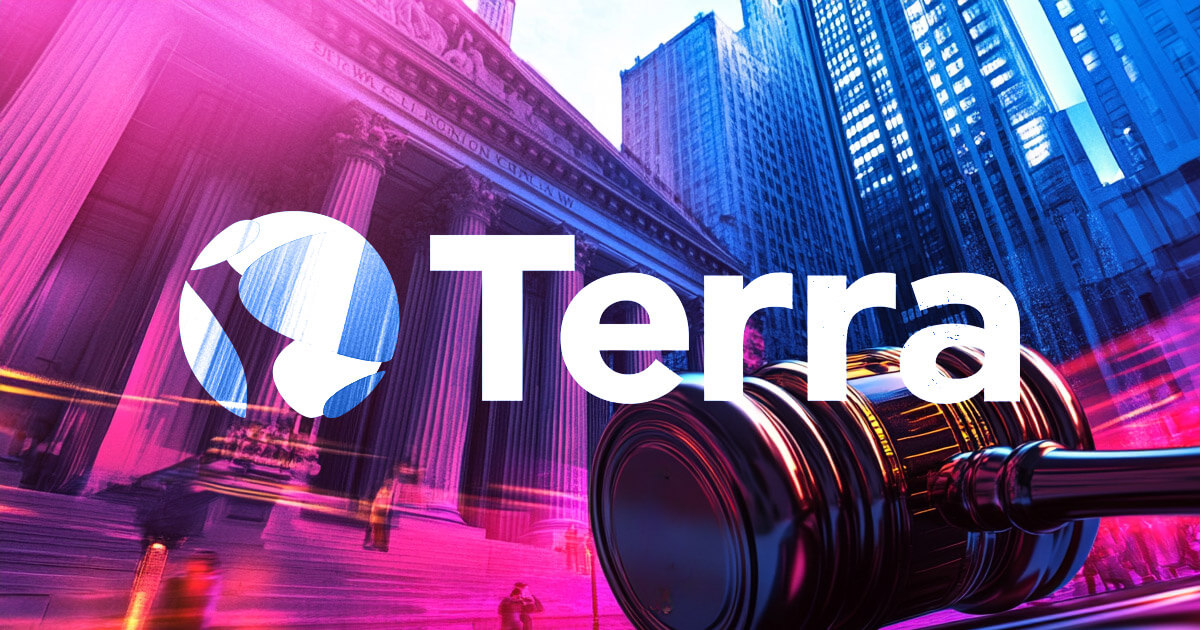The artificial intelligence (AI) chip developer Tenstorrent announced the closing of a $100-million funding round on Aug. 3, which was led by major manufacturing companies Samsung and Hyundai, among others.
The company said it raised $30 million from Hyundai, $20 million from the automobile manufacturer Kia, and $50 million from the Catalyst Fund by Samsung and other participating investors in the round, including Fidelity Ventures, Eclipse Ventures and Maverick Capital.
Tenstorrent is led by its CEO, Jim Keller, who previously developed AI chips for major tech companies, such as Apple, Intel and Tesla.
Heung-soo Kim, executive vice president and head of the global strategy office at Hyundai Motor Group, commented on the group’s expectations from the investment:
“… the Group expects to develop optimized but differentiated semiconductor technology that will aid future mobilities and strengthen internal capabilities in AI technology development.”
Tenstorrent also said the funds will be used to “accelerate the company’s product development, the design and development of AI chiplets,” along with advancements on the roadmap for its machine learning software.
These initiatives come as developers are racing to compete with Nvidia, the current market leader in AI chip development.
Related: OpenAI CEO highlights South Korean chips sector for AI growth, investment
The growing demand for high-powered semiconductor chips to develop AI systems briefly shot Nvidia’s market value into the trillion-dollar range.
On June 13, Advanced Micro Devices (AMD) announced details of its forthcoming AI chip that has the potential to also challenge Nvidia’s market dominance.
AMD, Nvidia and Tenstorrent are all United States-based companies that are currently subject to the ongoing chip export restrictions that are primarily targeting China, one of the major markets for the chips.
Initially, United States President Joe Biden issued restrictions on AI chips to China in October 2022 in order to slow down the semiconductor industry. The administration announced that it’s considering tightening the restrictions in July.
Shortly after the U.S. made this statement, China said it plans to tighten controls on exports of the materials needed to make the chips in the first place.
Collect this article as an NFT to preserve this moment in history and show your support for independent journalism in the crypto space.
Magazine: Deposit risk: What do crypto exchanges really do with your money?
Credit: Source link















































